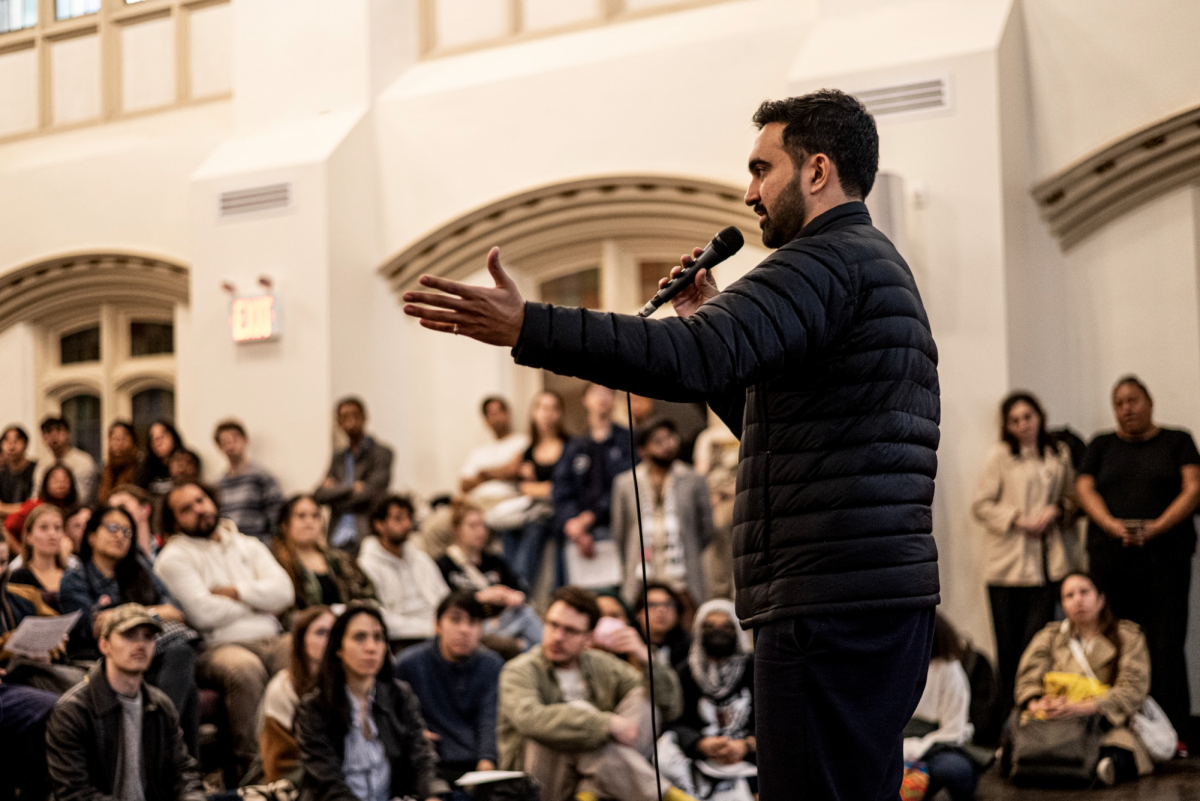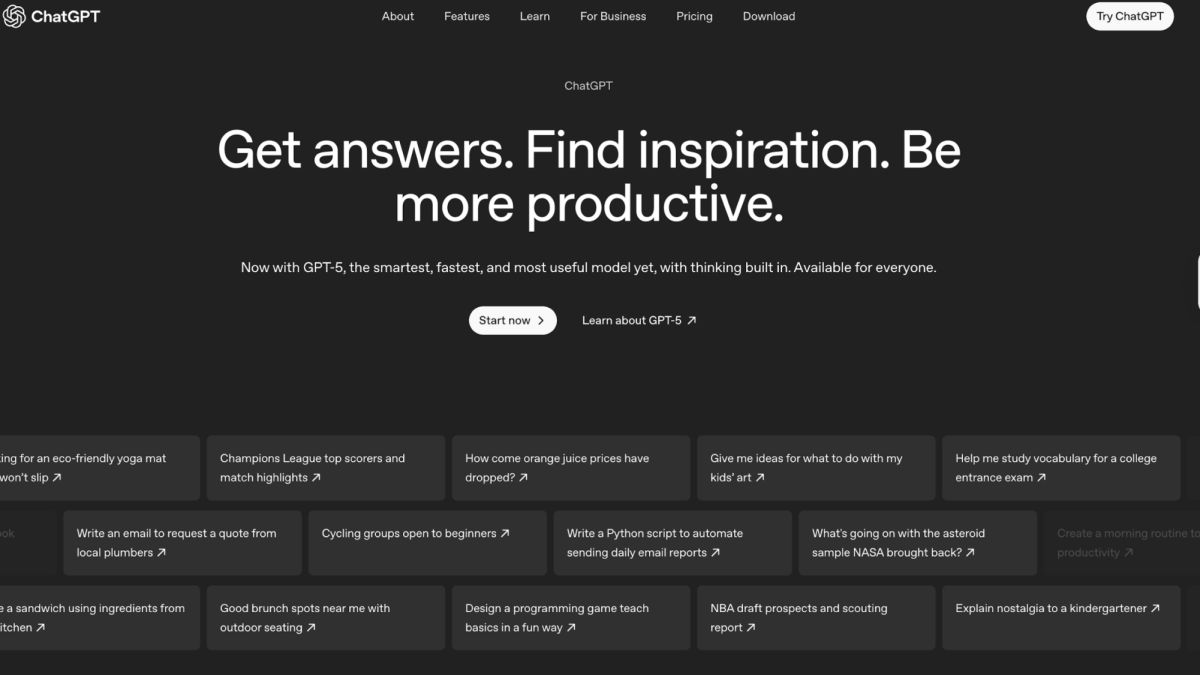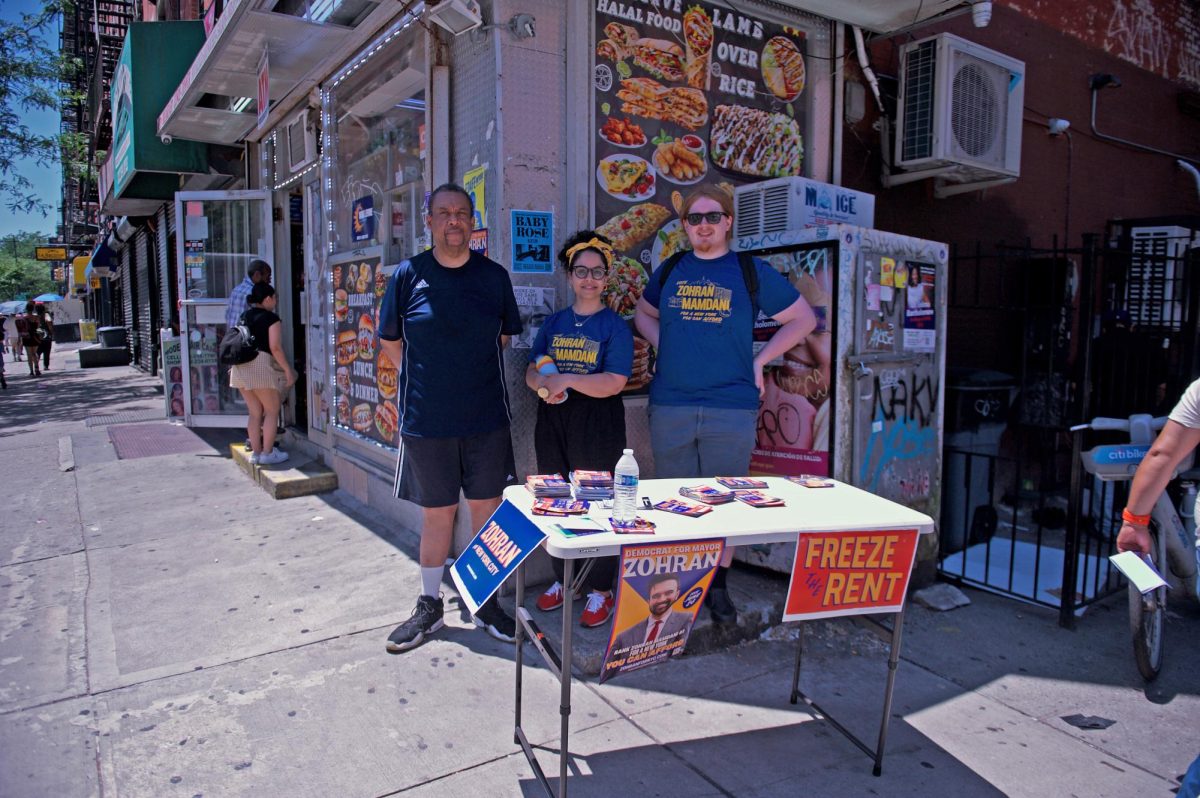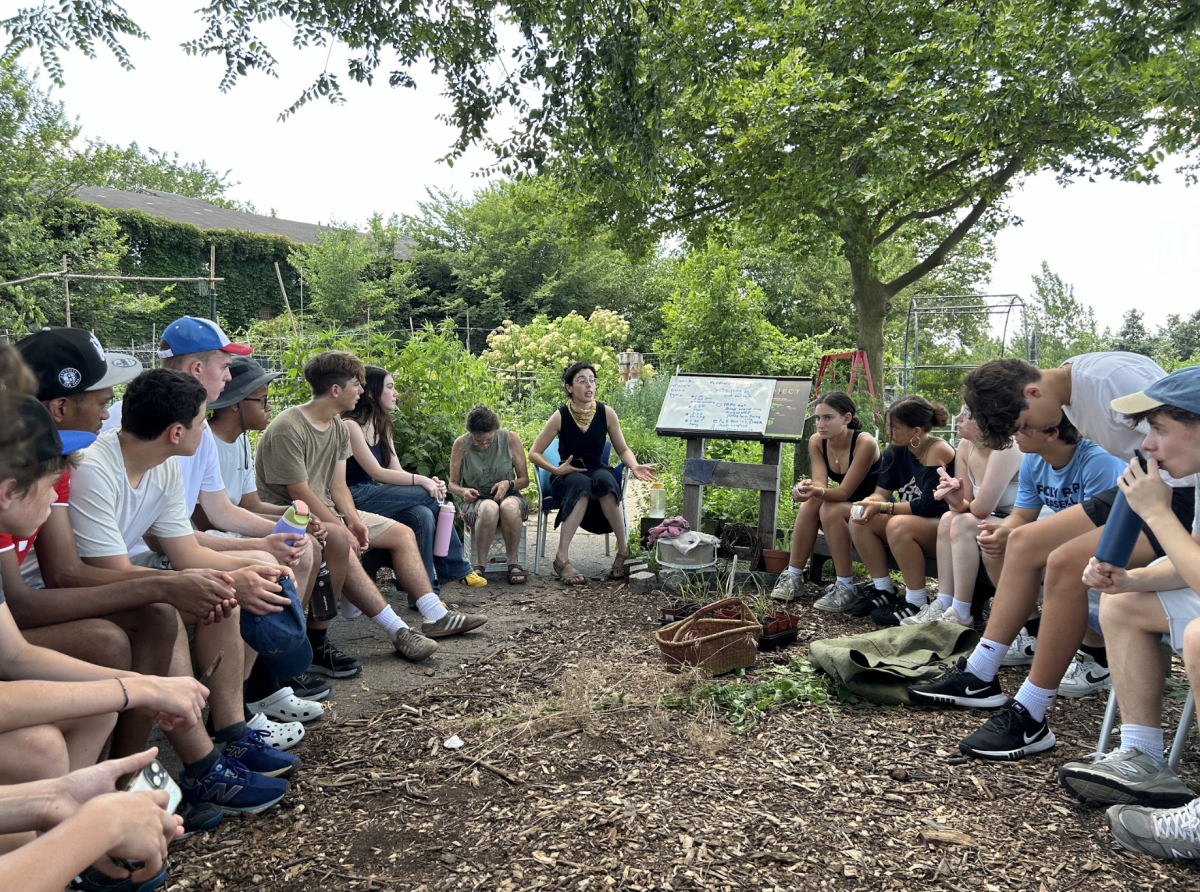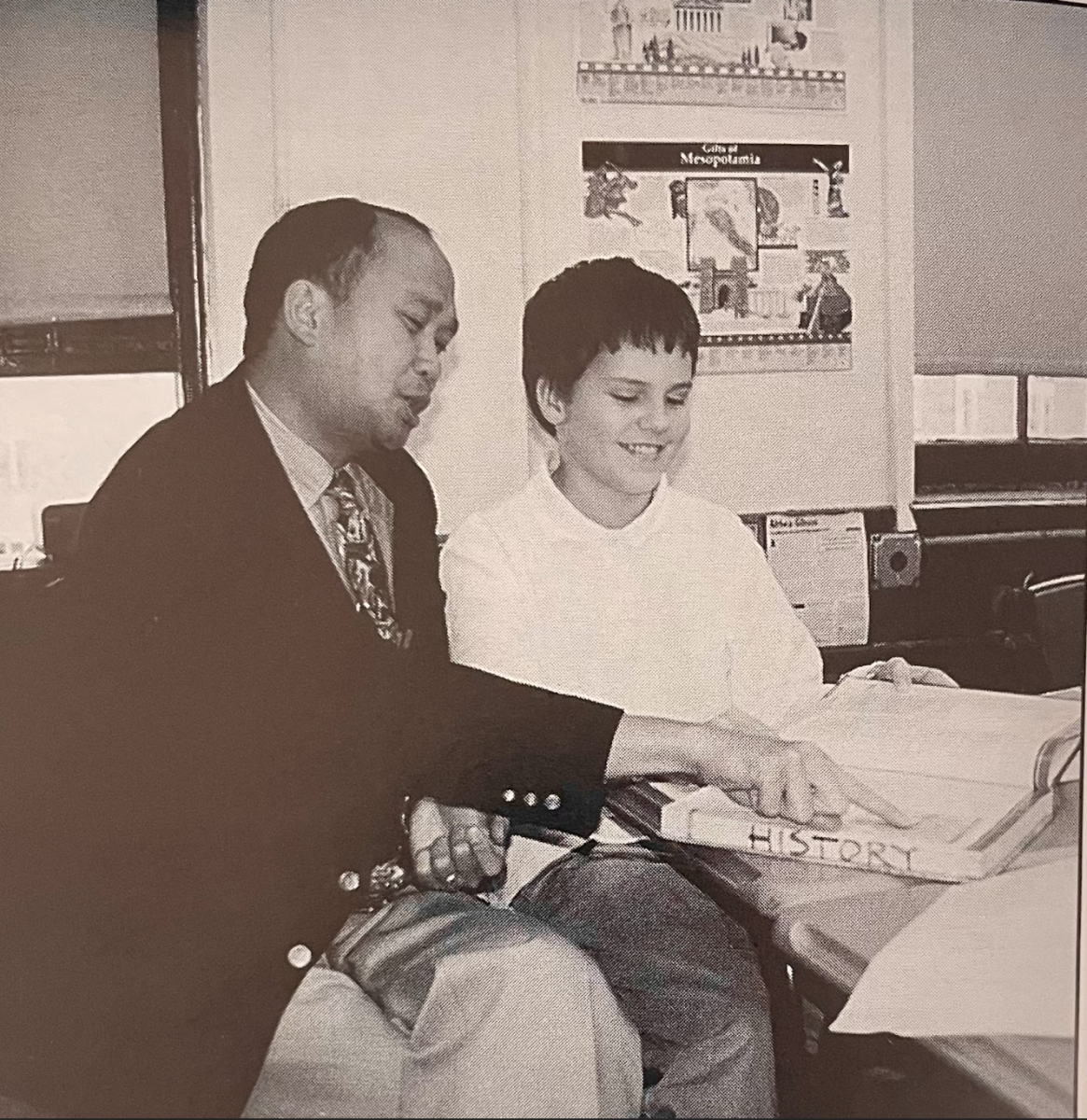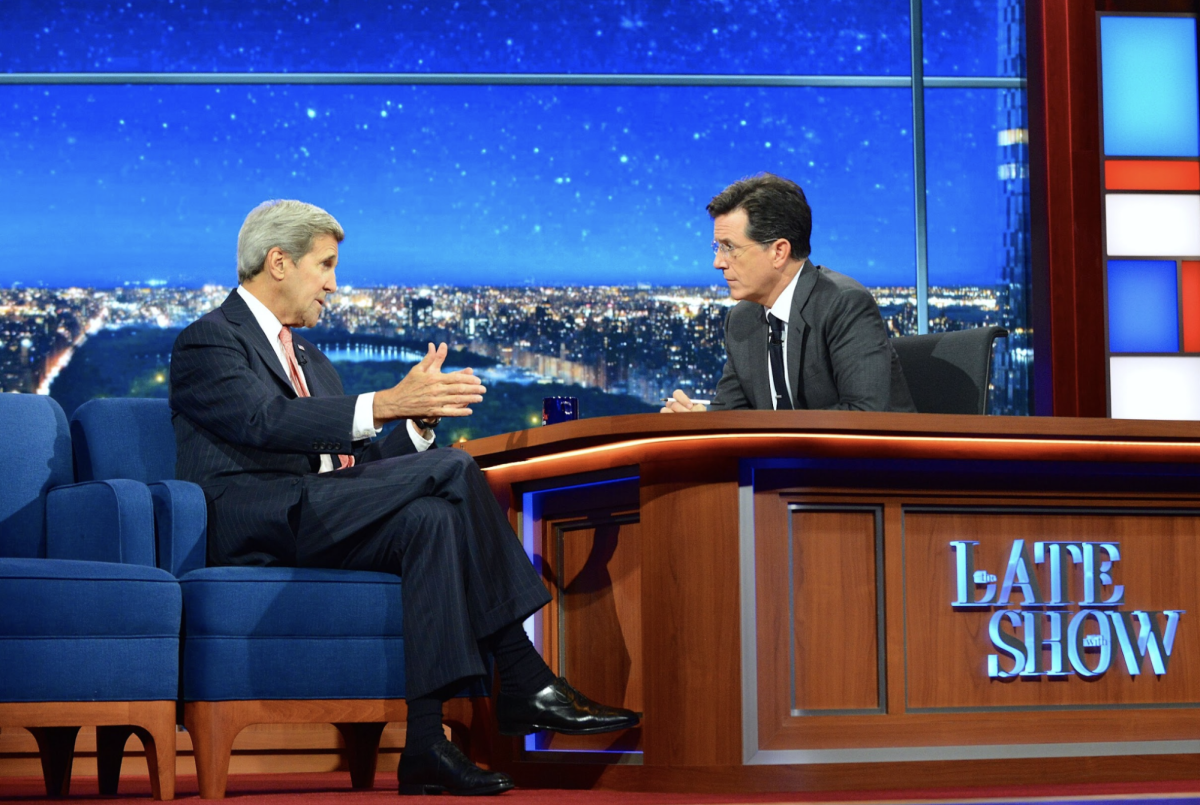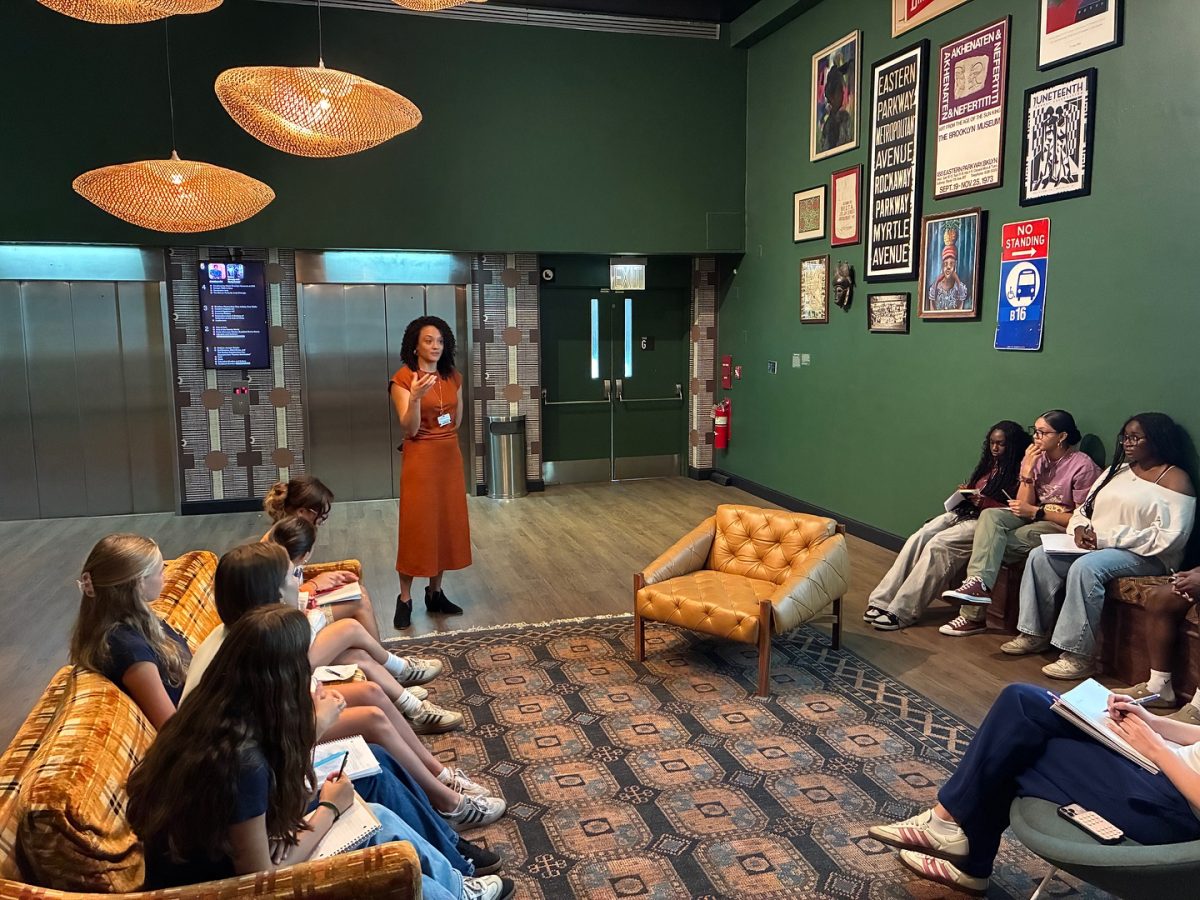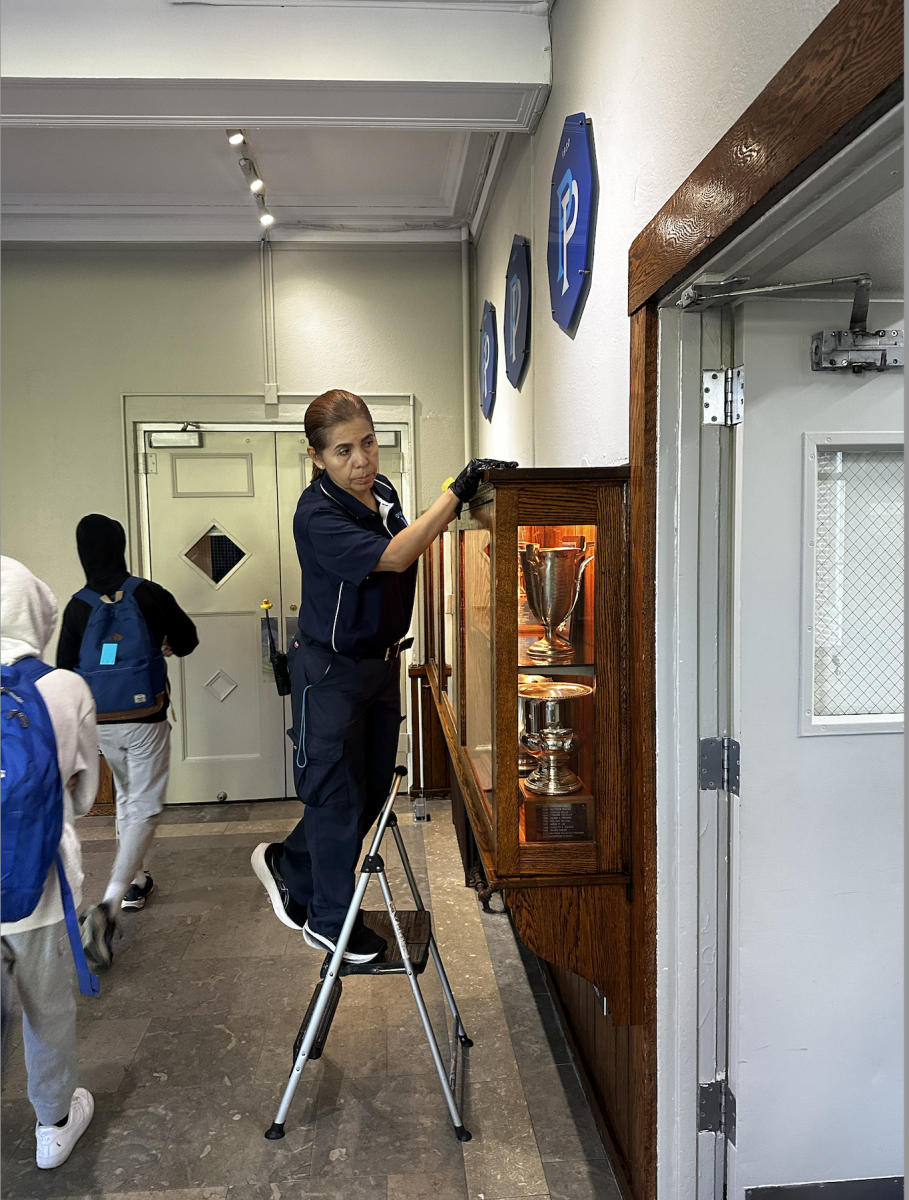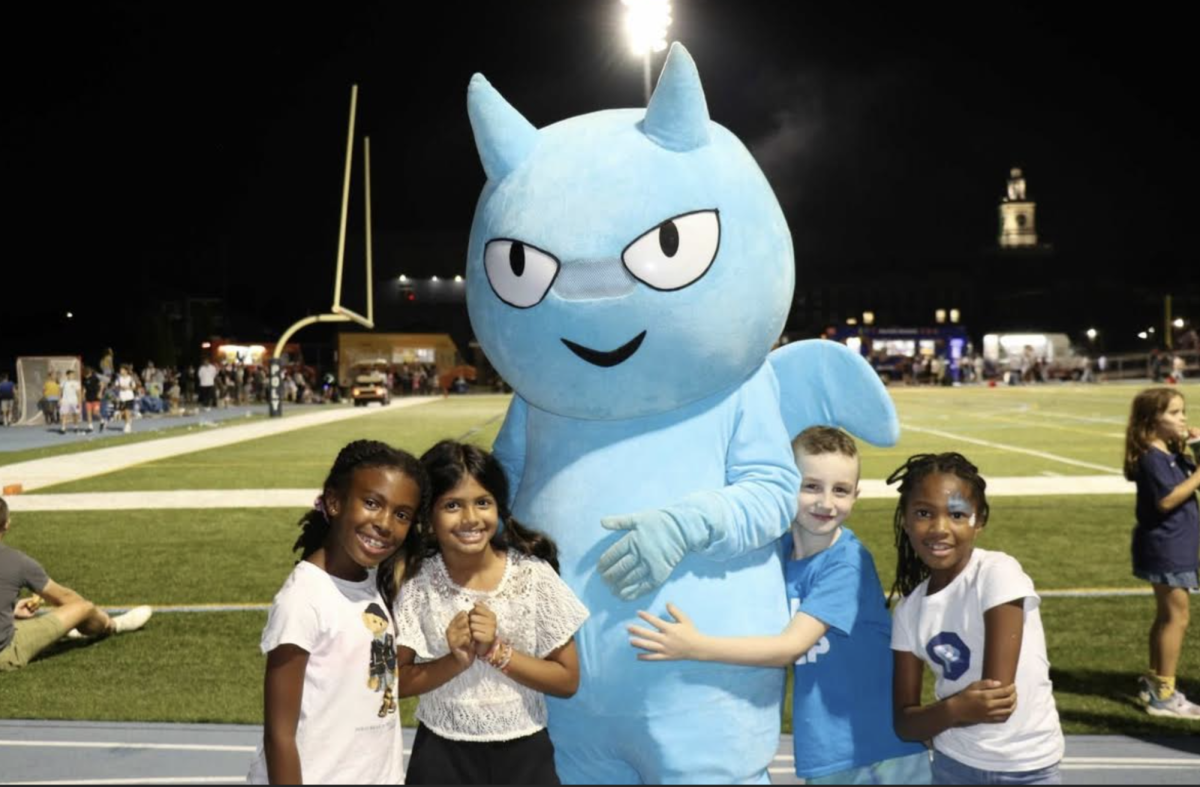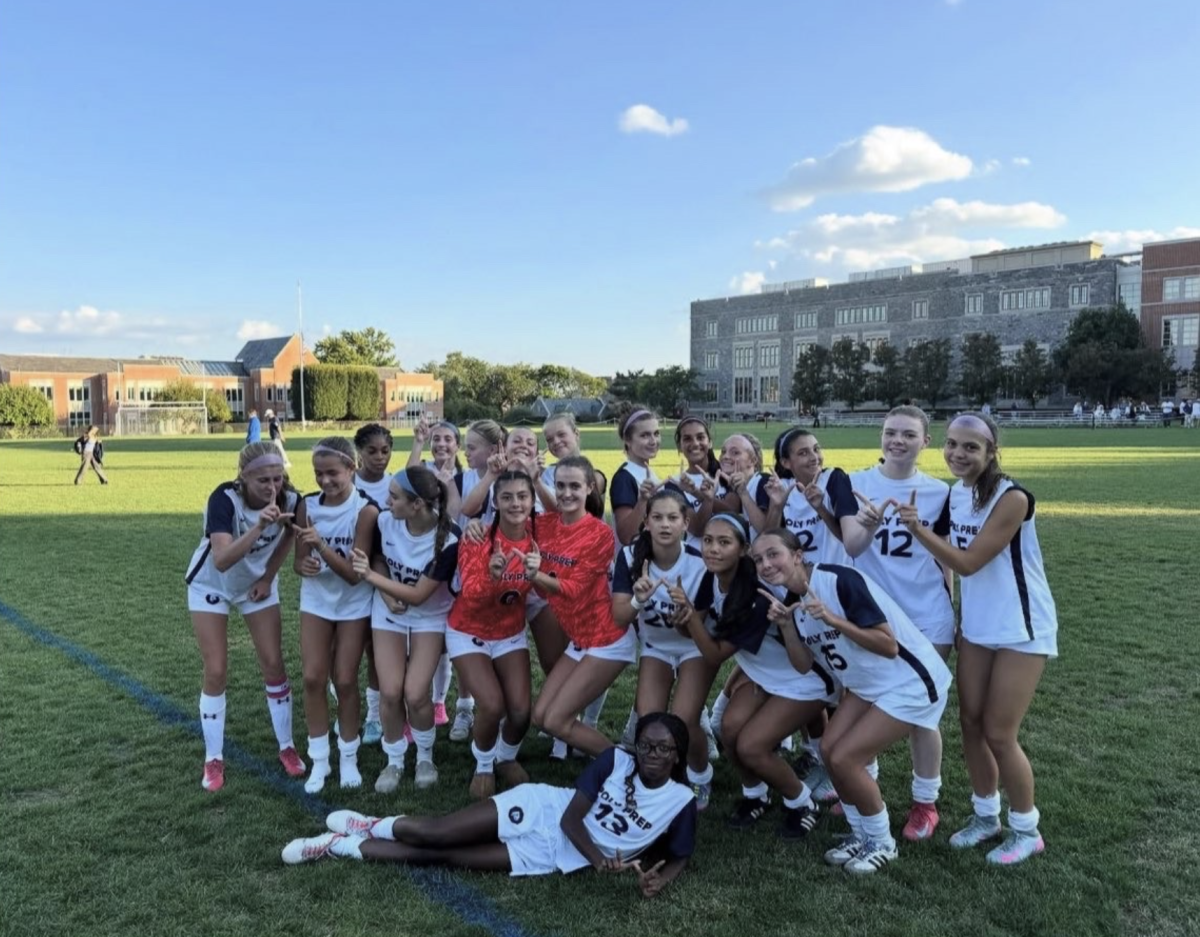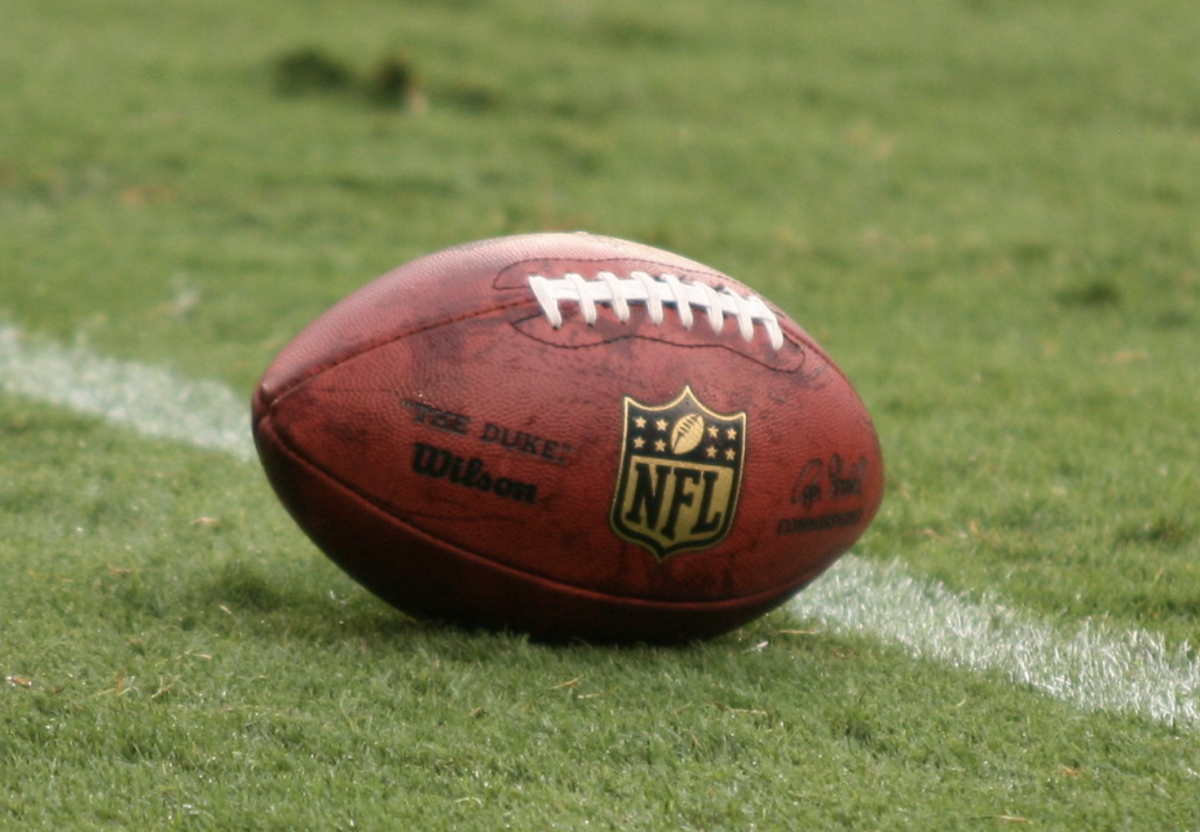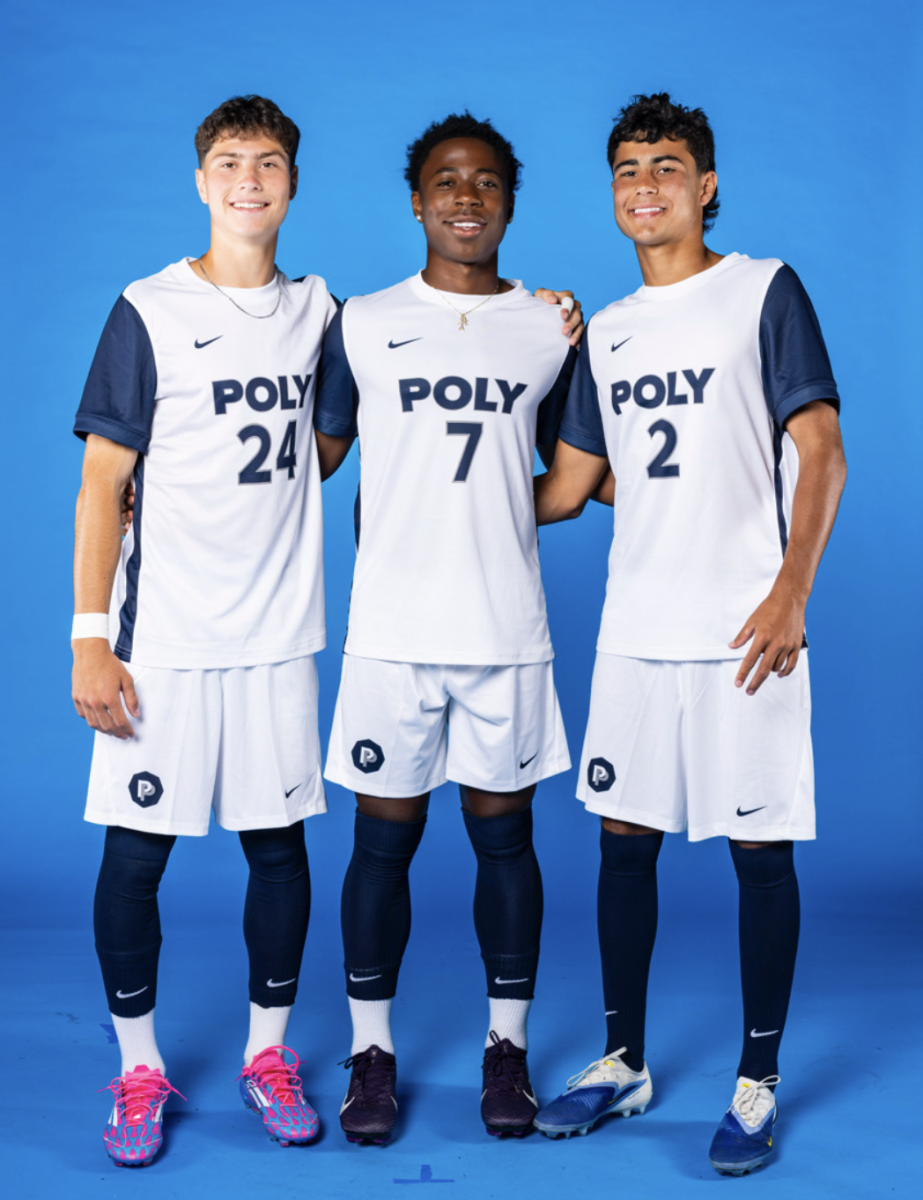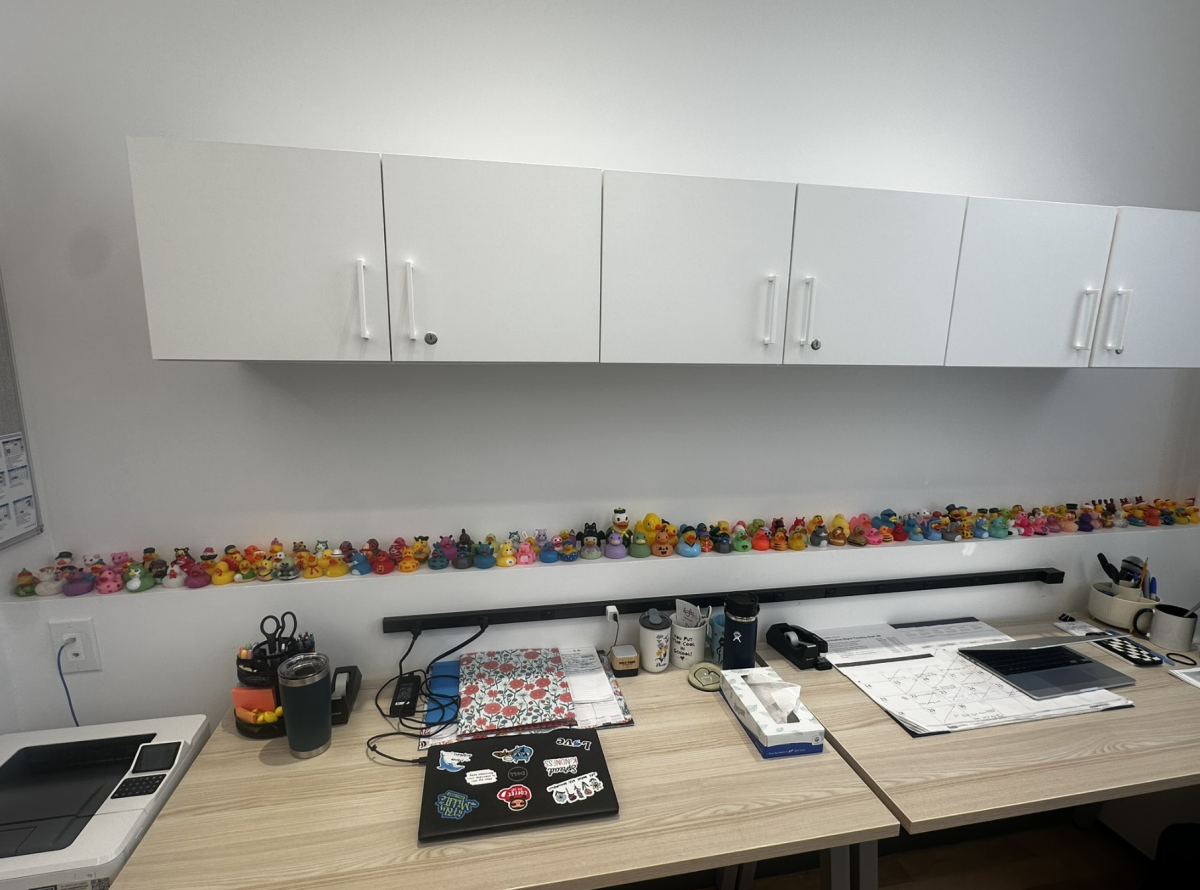Have you ever heard a song, and loved, liked, or even been content with it? What happens if you feel this way about a tune that gains popularity online, and begins to repetitively play as you scroll? If the overplayed song becomes irritating after the constant sound of it on TikTok, you are most likely experiencing one of the negative effects of TikTok: a phenomenon colloquially referred to as “tiktokification”
According to Urban Dictionary, tiktokification is “used to describe or refer to any negative effect TikTok leaves or has on something.” In this circumstance, tiktokification is being used to describe the way music has been altered due to TikTok. This effect can lead to a changed perception, opinion, or taste of music.
From Olivia Rodrigo’s “drivers license” to “What Was I Made For?” by Billie Eilish, songs have trended across the “for you” pages of millions of TikTok users and have permeated the mainstream all around, constantly filling our ears with the repeated audio. No matter how much someone likes a song, there is a certain amount of it you can take before it has been overplayed to an unbearable extent. But there is a difference between a song being overplayed and being overhyped. Overhyped is usually defined by a song that is proclaimed to be great and is continuously played, while not necessarily reaching the hype. As for overplayed, almost any song can be the victim of being overplayed. For instance, Taylor Swift’s “Blank Space” has been played over one billion times, which can clearly get repetitive and annoying for many, including me. But when originally hearing the song at the age of 6, I thought of it as an incredible and catchy song. Through the years I have been able to ignore the overplayed aspect of the song, and enjoy its sole identity, and it seems that through the many Swifties screaming the lyrics at The Eras Tour, they have grown to love it again too.
When “drivers license” first came out, I was listening to it sporadically. Yet, once the song was playing every other video I would scroll through, I found myself despising the sound. I stopped listening to it, and immediately skipped any video with that audio. But more than two and a half years later, once the song somehow re-entered my life, I found it enjoyable. I even appreciate the lyrics, vocals, and production to this day.
This is just one example of the tiktokification phenomenon, which (with time and patience) can be conquered.
Another way that we see tiktokification today, is the way in which TikTok can bring songs to popularity before they are highly recognized from other outlets. Recently, the TikTok audience has been made aware of Noah Kahan’s “Stick Season”; the tune has reached an extreme height of popularity. A key factor of this song’s rise to fame is that it isn’t necessarily being played constantly, but sporadically enough that the song is well-known while having a reputation of being well-liked. With the power and reach of TikTok, Noah Kahan has now been nominated for his first Grammy as “Best New Artist.”



